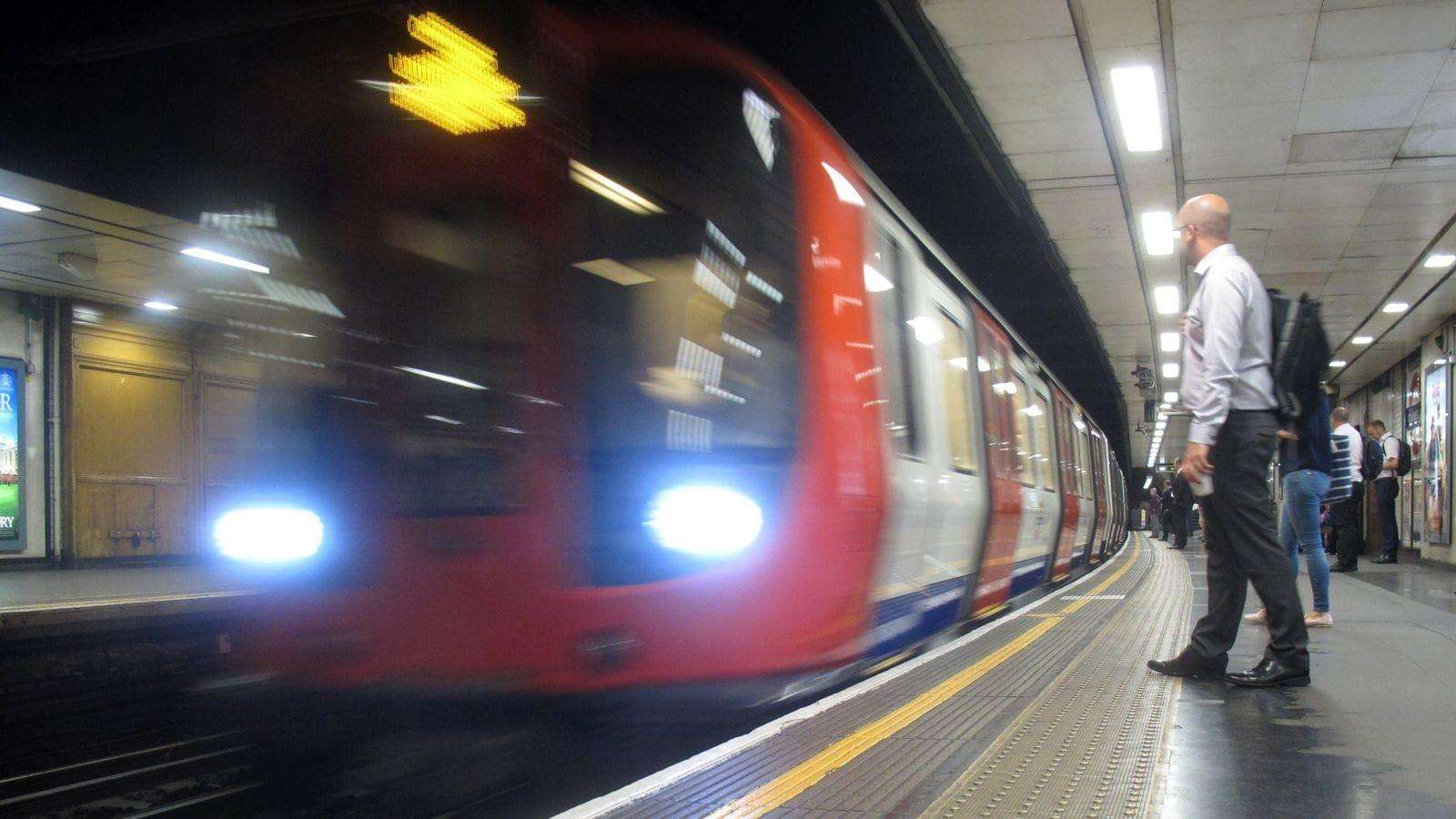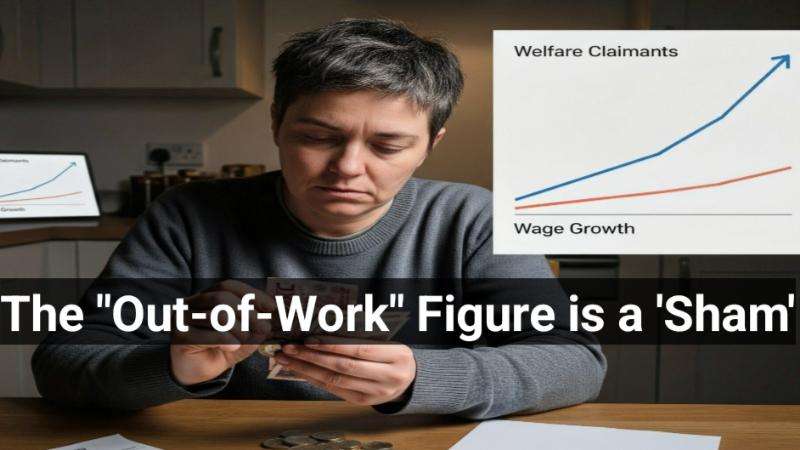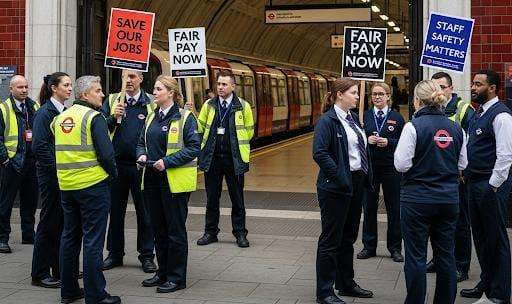The political debate over Britain's spiraling welfare bill and the 6.5 million people on "out-of-work" benefits has been exposed as a "sham," with new analysis revealing a significant number of claimants are actually in employment. This shocking truth, highlighted by Professor Ben Baumberg Geiger, challenges the narrative used to fuel calls for drastic benefit cuts, Daily Dazzling Dawn understands.
While Reform UK leader Nigel Farage has repeatedly cited the 6.5 million figure as proof of a "broken welfare system," an in-depth investigation by Daily Dazzling Dawns has uncovered the complex reality behind the statistics. The DWP's official count of "out-of-work benefits" includes not only unemployment support and incapacity benefits but also Universal Credit payments. This is where the crucial distinction lies. A substantial portion of Universal Credit claimants are in part-time or low-paid employment, receiving benefits to top up their income and make ends meet.
As Professor Geiger explains, the very definition of "out-of-work benefits" is misleading. Many people are on a combination of different support payments, and the system is designed to provide a safety net for those with low incomes, not just those without a job at all. This misrepresentation has created a political firestorm, with politicians using the headline number to push for radical reforms that could hit Britain’s most vulnerable people hardest.
The government is already exploring significant changes to the welfare system. A new Universal Credit and Personal Independence Payment (PIP) Bill has been introduced, which aims to reduce spending by "rebalancing" Universal Credit rates and targeting PIP at people with the "most severe conditions." This would see a rise in the standard Universal Credit allowance, but a cut to the additional "health element" for those with disabilities and health conditions. This is a clear example of the kind of changes that could be on the horizon, fueled by the public perception of an "out-of-work" crisis.
Further changes are also being considered for PIP, the main disability benefit. While the lowest weekly rate for the daily living component of PIP remains at £73.90, the government is undertaking a comprehensive review. The Department for Work and Pensions (DWP) has confirmed that no changes to PIP eligibility will be made until this review is complete. However, the government's rhetoric suggests a move towards a system that more stringently assesses a claimant's ability to work, potentially making it harder for many to qualify for the full amount of support they currently receive.
The coming months will be a crucial test of the government's commitment to supporting disabled and low-income workers. With the political heat rising and the welfare system under intense scrutiny, it is essential that the public and policymakers alike look beyond the soundbites and understand the true picture of who is claiming benefits and why. The debate is not about the number of people out of work; it's about the number of people who, despite their best efforts, are still struggling to get by.

_4.jpg)
_6.jpg)
_1.jpg)




.svg)



